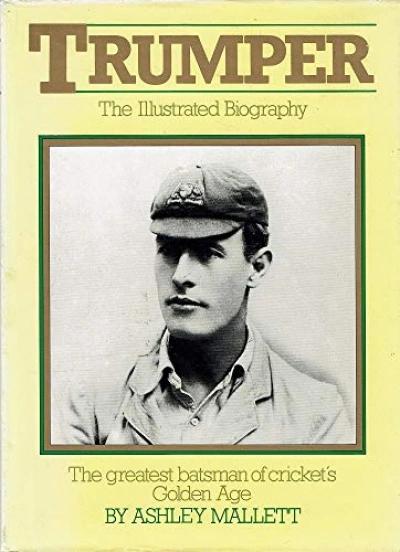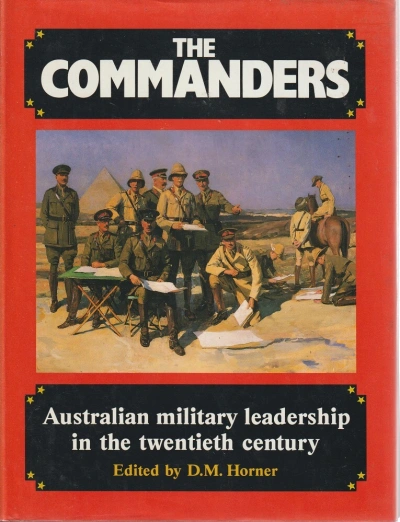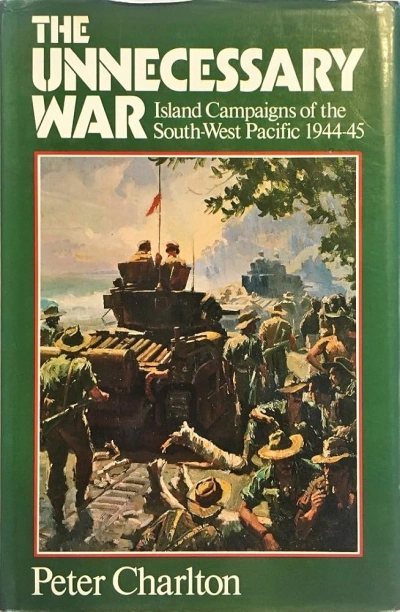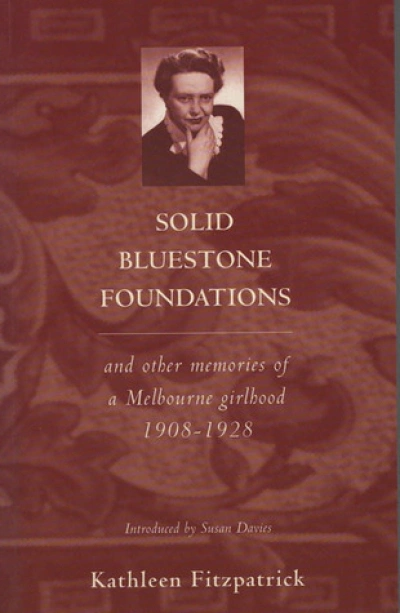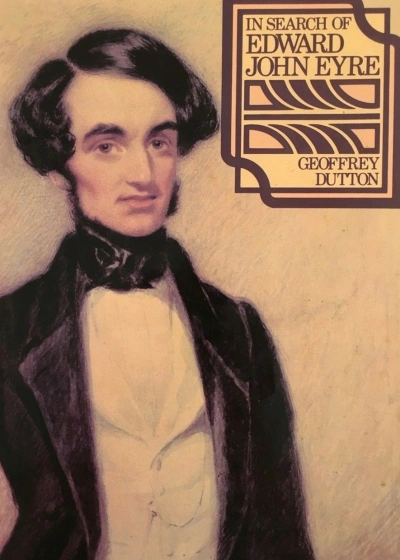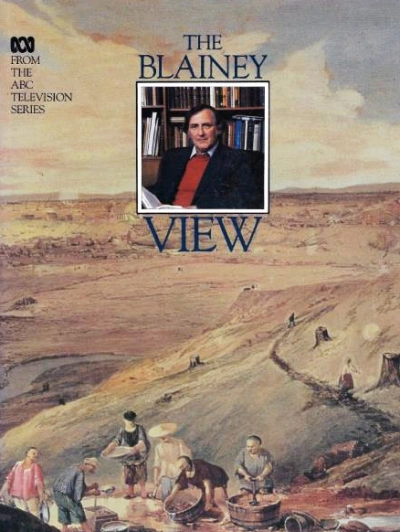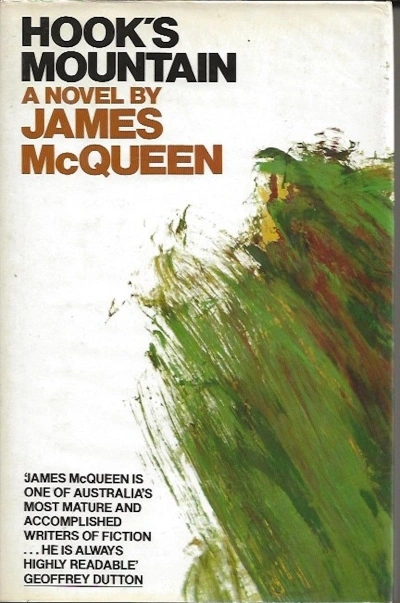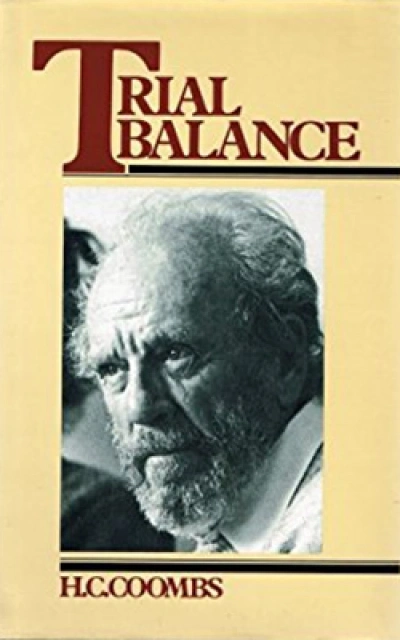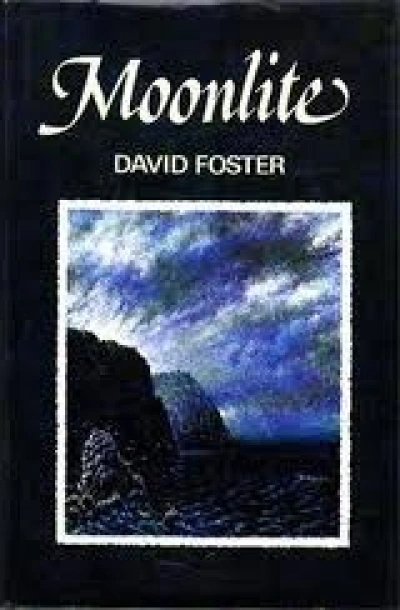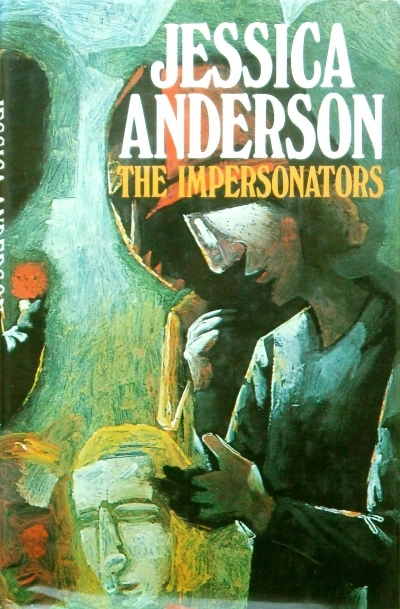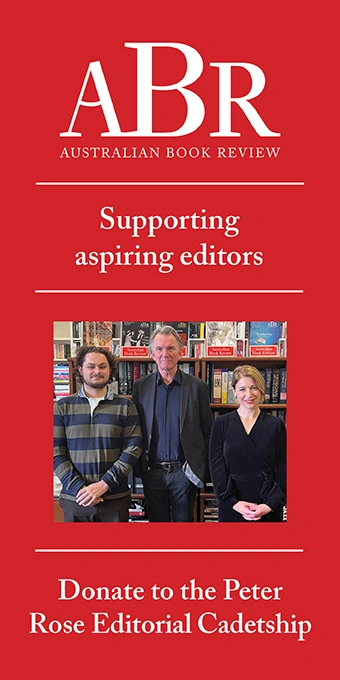Macmillan
Trumper: The illustrated biography by Ashley Mallett
by Eric Lord •
The Commanders edited by D. M. Horner & War Without Glory by J. D. Balfe
by John McCarthy •
The Unnecessary War: Island Campaigns of the South-West Pacific 1944-45 by Peter Charlton
by Peter Dennis •
Solid Bluestone Foundations and Other Memories of a Melbourne Girlhood, 1908-1928 by Kathleen Fitzpatrick
by L.L. Robson •
In Search of Edward John Eyre by Geoffrey Dutton
by Ray Ericksen •


